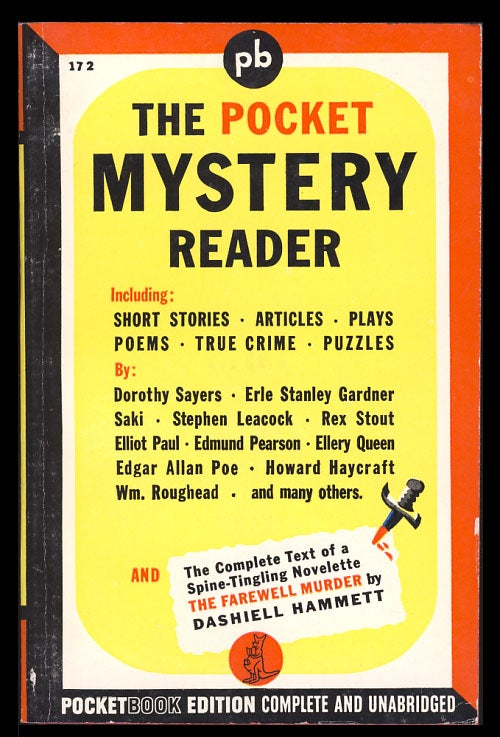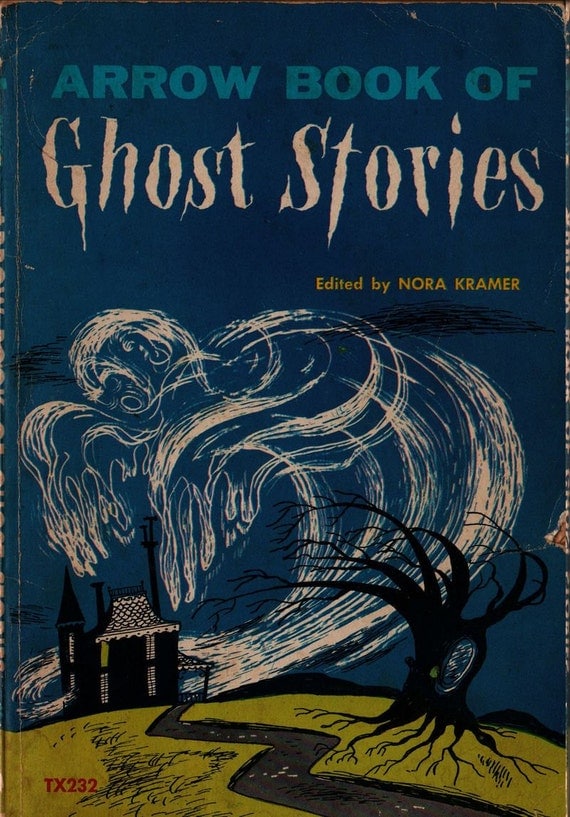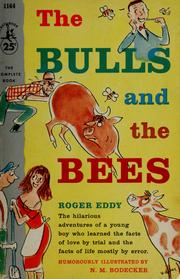 |
| Pope Francis and a Few Friends |
Don't be put off by the title of this piece, I'm not looking to convert anyone, or to proselytize. It's just that I had a very minor incident the other day which got me to thinking. Mostly, I avoid that function, as it tends to give me a headache, a bad stomach, and leads to drink. But let me explain:
On Sundays, as part of my increasingly frantic efforts to avoid the punishments in the next life that I've undoubtedly earned in this one, I take communion to Catholics confined in the local hospital. It's something I've been doing since I retired a few years ago. Naturally, I've met a few nurses along the way. One, upon seeing me turn up like the proverbial bad penny for the hundredth time, raised an eyebrow and asked, "If Catholics are Christians, why do they call themselves Catholics?" Another woman who shared some counter space with her in the reception area, looked at me wearily, and croaked, "She's a Born-Again." I answered pithily, "Beats me," and kept walking. But it got me to thinking. There's one hell of a lot of misconceptions out there about Catholicism.
If you happen to write, you just might find yourself writing about a Catholic character someday. Or setting a story in a country that is predominately Catholic. It's predicted that within a few decades Hispanics will constitute the majority in this country, and most are Catholic. Or you might want a character to be a priest. Who knows? There's approximately 1.2
billion Catholics in the world. Yes, that's right, I said
billion. I even put my pinkie to my puckered lips, but you couldn't see that. And contrary to popular opinion, we are not dwindling in numbers (except in the highly secularized Western nations) but growing by leaps and bounds. This is why we have so many priests here from India (like my fictional character, Father Gregory Savartha), Nigeria, the Philippines, etc...Not so many years ago, the very opposite was true, as we sent missionary priests and nuns from the U.S., Italy, Ireland, and Spain to all points of the globe. Now they come to minister to us in their turn for which we are grateful.
Of course, Catholics have never been a majority in this country, which may explain why there's so many misconceptions and misunderstandings about the Church and its people. Here, a Protestant Christianity has held sway, and many of their views of us have been formed by all the bad press we garnered back in jolly olde England during the day. From the moment King Henry VIII decided he wanted another divorce, we were in deep trouble. Proclaiming himself the head of the Catholic Church in England, Henry set himself on a collision course with Rome, as Britain embraced its own version of Christianity. From that point forward, English Catholics were suspect as traitors loyal to the pope rather than the king, and as anxious collaborators with any threatening European Catholic power or nation. Mass was outlawed, and priests forbidden to administer the Eucharist (communion) on pain of death. Naturally, in the way of self-fulfilling prophecies, various failed uprisings occurred over the next several centuries, including the famous (or infamous) Gunpowder Plot to blow up the king and parliament. The English still celebrate this foiled attempt each year on Guy Fawkes Day, burning effigies of the unlucky conspirator, as well as those of papist priests and bishops. There are fireworks and drinking and a good time had by all. These anxieties were brought to the colonies and festered. Mr. Poole, a neighbor in my youth, assured me one hot summer day, that President Kennedy was an agent of Rome, and that it was only a matter of time before the country would be run by the pope. How very wrong he turned out to be.
 |
St. Thomas More
(English Martyr) |
Just as in Britain, Catholics in this country were often suspected of divided loyalties, the average American having little knowledge of Catholicism or its practices and dogma. What they did know only deepened their mistrust: the use of Latin instead of plain English (since changed), celibate priest and religious, parochial (why not public?) schools, the role of the mysterious, and foreign pontiff, and how could he be infallible? Marian devotion, the veneration of saints, all those statues (idol worship to some), transubstantiation, and much, much more! In modern times issues would arise placing us at odds with the mainstream over birth control and abortion. There seems no end to our deviation from the norm. Still, it is not my mission to convince anyone of the truth of any of these practices, but simply to illuminate what the Church teaches in regard to them lest you err in your writings. As I've said about police procedurals--its perfectly fine to have your detective go rogue and break all the rules, only make sure he (and you) know what the rules are.
Back to the nurse's question: Why call ourselves Catholics, not Christians? We
are Christians, of course, but in the early days of the Church there was no need to call ourselves that, as there were no others--the church was simply referred to as "The Church". Later, the name Catholic, meaning universal, was adopted to distinguish the original church from the various sects, schisms, etc...that had arisen. Additionally,
Roman Catholic is not an official name; you will not find it in Vatican writings. Rome may be the seat, but the Church exists wherever it has adherents.
Why are priests and nuns expected to be celibate? This seems to bug a lot of people. This practice arose amongst the very earliest monks in the first centuries of the Church, and is not exclusive to Catholicism. The idea of practicing deprivation in order to purify oneself and thereby be more worthy and open to contemplating God, has a long history among several religions. The practice was at last institutionalized during the medieval age, when rapacious bishops and abbots began to pass both Church lands and religious offices to their own children by appointing them clergy, in a thinly-disguised attempt at dynasty-creation. It became necessary to return the priests to their more ecclesiastical roles by having them (quite literally) zip up.
 |
| Pope Honorius Pondering |
Why a pope, and how can he be infallible? The pope, of course, is the leader of the Church world-wide, and is considered to be the spiritual descendant of St. Peter the Apostle, whom Christ called the rock upon which the church would be built. His bishops and priests are the heirs of the apostles themselves. As for infallible...well, he's not...except in the very narrow, if powerful, sphere of pronouncing dogmas of faith and morals. Dogma meaning that Catholics must believe in a particular pronouncement in order to be considered actual Catholics--it's no longer debatable. It's only been used a few times in the 2,000 year history of the Church, the most recent occasions concerning Mary, mother of Jesus. One declared the dogma of the Immaculate Conception, the other the Assumption of Mary into heaven body and soul. Which brings us to Marian devotion and some other, perhaps, surprising revelations.
Do Catholics worship the Holy Mother and the saints? Negative, good buddy. We only worship God in three Persons: Father, Son, and Holy Spirit--the Trinity. As for the Blessed Virgin, we practice a special devotion to the mother of Christ and the first Christian person. Her example of love and obedience to God in all things is our exemplar of a holy life. She was also the first person to act as an intercessor between her son and the world, insisting that a reluctant Jesus intervene at the wedding at Cana after the wine ran out. His first recorded miracle was to replenish the wine and save the wedding party. Minor, perhaps, but it demonstrated the power and compassion of Mary. Devotion to Mary became widespread in the first centuries of the Church; long before it was officially endorsed. Catholics pray for her intercession with God on many matters. Essentially, we have the same relationship with the saints, but Mary retains primacy amongst them. Saints, by the way, are persons who led lives of "heroic virtue" (I love that phrase) and often, but not always, have died as martyrs to the faith. They are believed to be in heaven. The Church names them as saints only after two miracles have been attributed to their intercession and been verified by papal investigators. The Church recognizes that there are certainly saints in heaven that it has never heard of--otherwise ordinary people from many walks of life, who nonetheless led holy lives--and these saints, while not receiving an individual day on the liturgical calendar, are acknowledged on All Saints Day, Nov. 1.
 |
Virgin Mary
by Diego Velazquez |
The Immaculate Conception: This is a big surprise to most people, even a lot of Catholics. This dogma does
not refer to the birth of Christ, but to the birth of Mary! Yes, we believe that Jesus, by the Holy Spirit, was incarnate of the Virgin Mary, but the doctrine establishes that Mary herself, while being fully human, was conceived without Original Sin in order to bear the Son of God. The Assumption states that upon her death, she was assumed, taken body and soul, into heaven in order that the body of the Mother of God not be exposed to the earthly corruption that the rest of us can expect.
Transubstantiation--what the heck is that? This is where Catholics part company with many other Christian churches--we believe that the communion wafer and wine become the
actual Body and Blood of Christ when they are consumed during the Eucharistic liturgy of the Mass. It is one of the Mysteries. Yes, with a capital M. We have a few of those. This is where faith comes in. Most other denominations consider the act symbolic. Not us.
Faith and Good Works: This is another area where we differ with many of our brethren. Catholics believe that to attain heaven, both faith and good works are required. Many Christian denominations believe that faith alone is sufficient.
Confession: a true crowd pleaser, confessions appear in movies, novels, and even at your local Catholic Church. I once set an entire story in a confessional booth (sort of). The Sacrament of Reconciliation, as it is more properly known, is a requirement of Catholics at least once a year, and prior to the Easter Mass (Easter Mass is a requirement also--we have a number of obligatory days of worship). Otherwise you are forbidden to take communion (the Sacrament of the Eucharist). Confession, and the subsequent forgiveness of sins granted for an honest recounting and sincere desire to repent, originate from Matthew, Chapter 16, in which Jesus tells Simon (Peter), and the apostles, that whomsoever they loosed from their sins, would be loosed; those that they bound would be bound. Thus began the practice that has carried down to this day. Unlike a lot of people, I actually don't mind confession that much, and always feel better afterwards...not that I really need it, of course.
Birth Control and Abortion: I hesitate to even address these due to the great passion the subjects invoke. But, you would be ill-served by this article if I didn't at least touch on them and that's all I intend to do. Contrary to popular belief, Catholics have not been secretly instructed by the Vatican to take over the world through rampant reproduction. At least there's nothing in writing. The reasoning behind the prohibition against birth control, which surveys show is observed in the breach by most American and European Catholics, has to do with the issues of trust in God, and the sanctity of life. The same applies to abortion and euthanasia. We are not to make the decision over who shall be born and who shall die--therein lies the prerogative of God. Of course, it's never quite this simple in practice, and there are many shadings, but that's the idea in a nutshell.
Suicide: Many Catholics, and others, wrongly believe that all suicides are damned by their final act. The Church's view of suicide is a more forgiving one, however, granting that most people who commit suicide are generally so despondent, or impaired in some manner, that they were rendered incapable of making a reasoning choice in the matter. Those very few that quite clearly, consciously, and with careful forethought and planning, unimpaired by excessive emotion, substance abuse, or coercion, take their own lives, are another matter. The reason for this being that their choice becomes a conscious rejection of the possibility of God's mercy, while the act itself makes final reconciliation impossible. That being said, the Church also acknowledges that there is very much that we do not know, and the possibility of God's mercy being available after such a death cannot be entirely ruled out, since all things are possible for God.
Why no female priests? Another issue that breeds passionate debate. Simply put, the apostles were all male, hence their descendant priests are too. The Church's position is that female celebrants are not part of the Sacred Scriptures. Still, we believe that the Holy Mother counseled those same apostles, so I'm not sure why that can't serve as the necessary precedent for female ordination. But, I'm not the boss and don't make the rules. Obedience is required of Catholics.
I once had a captain who (though Protestant) could not reconcile himself to the second collection that often occurs at Catholic Mass. He waxed indignant over the greediness of Rome though he was not subject to its demands. There's no doubt that the Church amasses a lot of dough. But, for the sake of clarity, second collections
are voluntary and are for specific causes and charities such as food banks, convalescent homes, etc... The Catholic Church is one of the largest charitable organizations in the world. Here's an example that I think illustrates the point well--Only two percent of the population of India is Catholic, yet twenty-two percent of the medical care provided is through Catholic facilities. That takes big bucks, and that's just one country.
As for those statues of Jesus, Our Lady, and the saints: Most of us carry photos of our families and loved ones in our wallets or, more likely today, in our iPhones. We know that these are not actually the persons they represent, but facilitate our memory of them and our times together. Ditto for Catholic art. The paintings, and those worrisome (to some) statues, are simply aids in prayer and contemplation; nothing more.
Well, that's enough for now class. I hope you've enjoyed your primer in all things Catholic. Any mistakes, or misrepresentations contained herein, are entirely my own, and entirely unintentional. If I have erred, and you know it, please
gently correct me, unlike what's happening below. Until then, remember these words from St. Augustine's "Confessions" that serve as my credo, "Lord, make me good… but just not yet."
 |
| Goya's "Procession of Flagellants on Good Friday" |


































